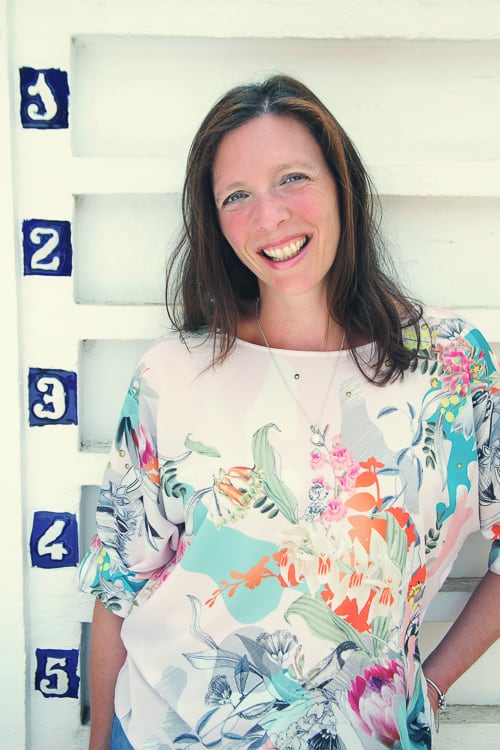Independent beauty brands have captured the hearts and minds of consumers globally, largely because many plug a market gap or answer needs that big beauty can’t. But in a competitive marketplace, indie beauty owners must work hard to engage with consumers and battle for visibility in an increasingly crowded market, according to Rachel Whittaker, founder and director of Indie Beauty Delivers – a mentoring and consultation firm working with independent brand owners.
‘Visibility’ is about passion, values and mission
Speaking to CosmeticsDesign-Europe, Whittaker said the concept of market visibility tended to have a “really bad reputation”, with many in beauty believing it meant video streams, flawless visuals and being ‘Insta-ready’ every day.
“You can choose to be a one-dimensional Insta brand where people just see images, but that’s very hard for people to connect with,” she said. “…When I’m coaching, that isn’t actually what visibility is about. It’s about meeting your ideal customers where they’re at; it’s about sharing your passions.”
She said communicating the ‘why’ behind your brand – the reasons, values and mission that drove business and decisions – was vital to finding consumers that felt the same. Trust could then be built up with these consumers thereafter, she said.
“Essentially, by unlocking all that passion inside you as a founder, you become a magnet that attracts those like-minded people into your community. The result is, it makes the sales process feel much more aligned and lighter – you can simply become a magnet to your consumers.”

Asked if visibility work was best coming directly from founders, Whittaker said ideally, yes, or someone else within the company. Working with influencers could sometimes work, providing they were carefully selected, she said.
The importance of ‘authenticity and realness’ in beauty
Consumers worldwide had become much more conscious about what and who they bought from, Whittaker said, and they were looking for relationships rather than transactions; an important “cultural step-change” centred around an individual’s impact on the planet.
If indie brands did want to work with influencers, she said one option could be to “home grow” them – something not enough start-ups were doing. “You have people in your own eco-system who are repeat customers, and if you acknowledge them and interact with them, there’s a lot of authenticity and realness in that.”
This could provide a big boost for solopreneurs, in particular, who were “pushed for time and budget”, she said.
No matter what visibility strategy was prioritised, though, Whittaker said indie brands had to know who their ideal customer was.
“Everything we do, whatever product we’re selling, we have to sell it to a specific person. And we need to know that person like they are our best friend, because everything we put out there in the world – the way our website, packaging, marketing looks – it all needs to scream at that one person.”
Some founders kicked back at this idea, claiming it was best not to exclude certain groups, but Whittaker said focus or “magnetic marketing” was everything in the indie beauty world.
Indie beauty must avoid patterns – be ‘bold and fierce’
It was also crucial to avoid falling into typical market patterns, she said, like thinking it was essential to post on Instagram and Facebook every day, for example.
“The biggest pitfall I see is that, because a lot of indie brands when they start off are solopreneurs or small teams, they are very influenced by what’s happening around them. There are a lot of podcasts out there; online courses – there’s a huge amount of content available to entrepreneurs and we devour it and love it. But, it can actually often make us fall into patterns that we think are the right thing to do but what can happen is you fall into quite a stale pattern that’s not allowing you to inject any of your reason, passion or ‘why’ into things.”
She said being “bold and fierce enough to experiment” was crucial in the increasingly competitive indie beauty world and would whittle out those who could succeed.
“It will be the innovators who will begin to move through now; I don’t think we will see as many kitchen sink businesses coming through. It is crowded, there are lots of brands out there, and so to be successful now you have to make yourself different. That identity and sales process that makes you different is the key thing.”




